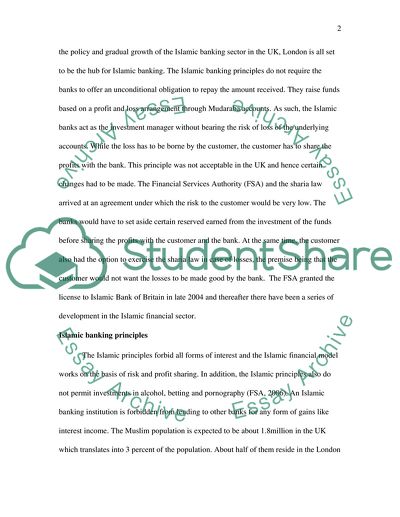Cite this document
(Growth and Development of Islamic Banking in the UK Dissertation, n.d.)
Growth and Development of Islamic Banking in the UK Dissertation. Retrieved from https://studentshare.org/finance-accounting/1735490-outline-the-key-features-of-islamic-banking-business-in-the-country-you-have-chosen
Growth and Development of Islamic Banking in the UK Dissertation. Retrieved from https://studentshare.org/finance-accounting/1735490-outline-the-key-features-of-islamic-banking-business-in-the-country-you-have-chosen
(Growth and Development of Islamic Banking in the UK Dissertation)
Growth and Development of Islamic Banking in the UK Dissertation. https://studentshare.org/finance-accounting/1735490-outline-the-key-features-of-islamic-banking-business-in-the-country-you-have-chosen.
Growth and Development of Islamic Banking in the UK Dissertation. https://studentshare.org/finance-accounting/1735490-outline-the-key-features-of-islamic-banking-business-in-the-country-you-have-chosen.
“Growth and Development of Islamic Banking in the UK Dissertation”, n.d. https://studentshare.org/finance-accounting/1735490-outline-the-key-features-of-islamic-banking-business-in-the-country-you-have-chosen.


